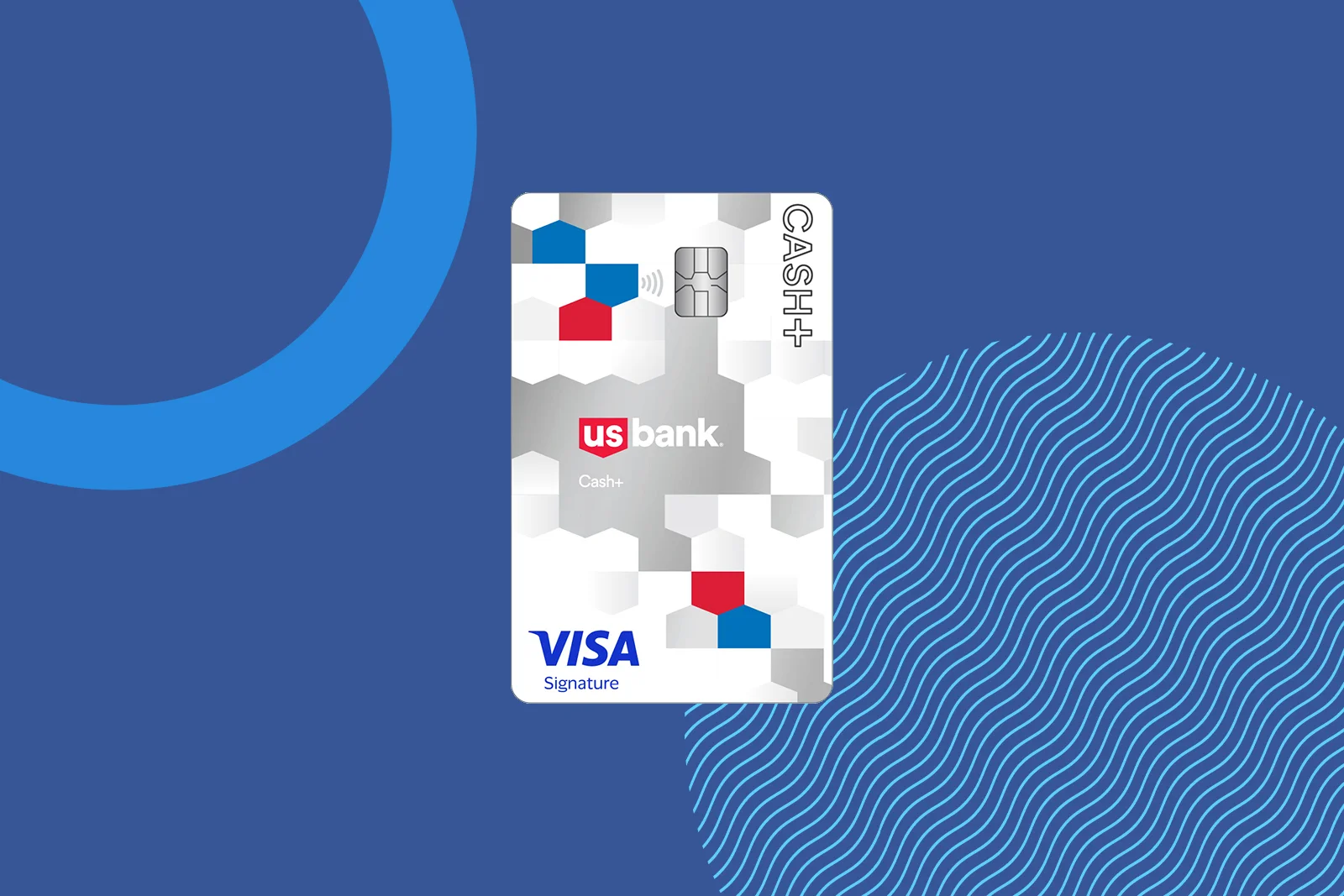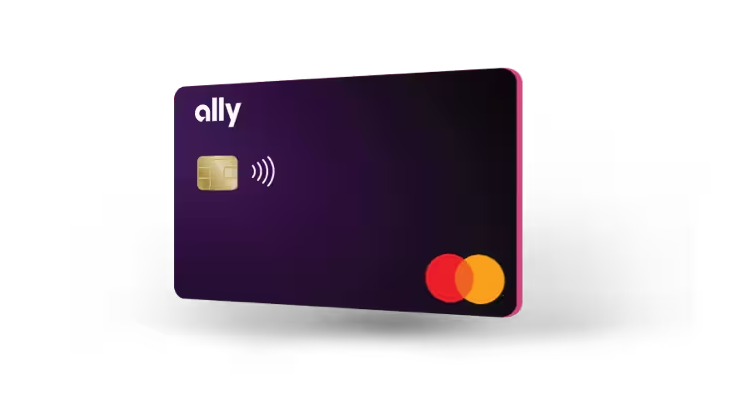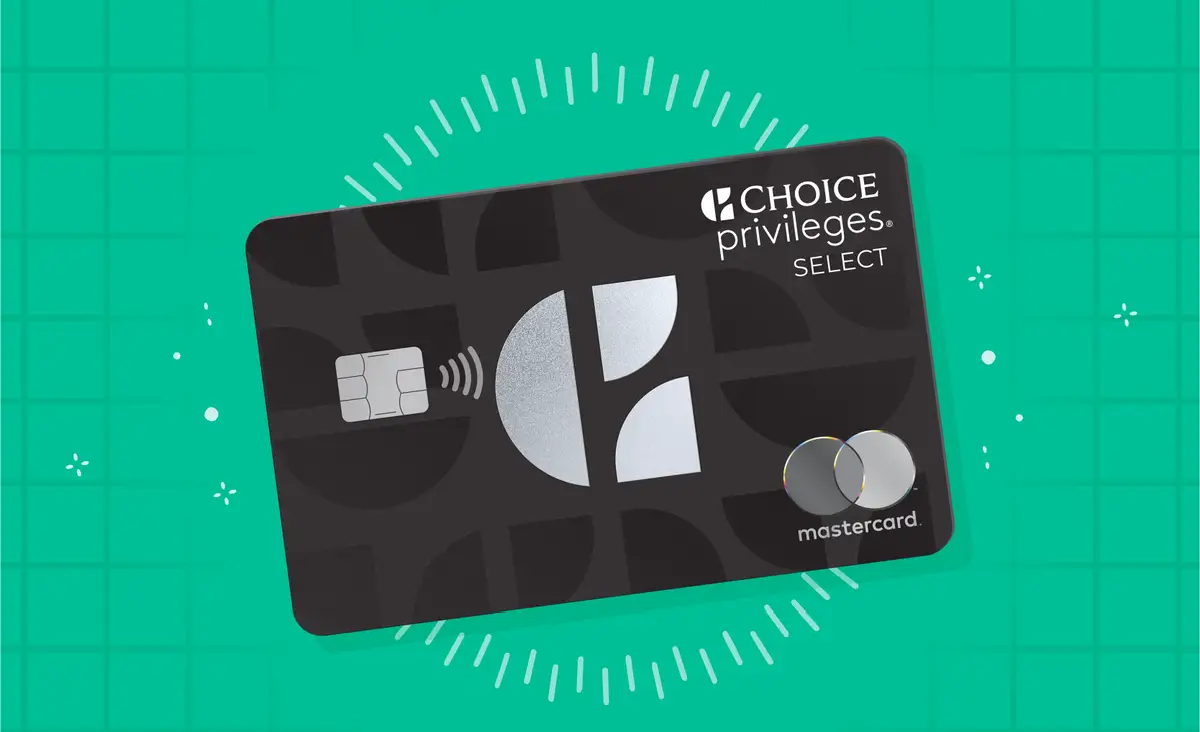How to Avoid Debt with Credit Cards: A Guide for Beginner Users

Understanding the Risks of Credit Cards
Credit cards can be a double-edged sword. They offer convenience and the ability to build credit, but they can also lead to overwhelming debt if not managed wisely. Being aware of this is the first step toward financial empowerment.
- Convenience: Modern life has made credit cards indispensable. They are commonly used for online purchases, ranging from groceries to tech gadgets. In times of emergencies, such as unexpected car repairs or medical expenses, having a credit card can provide necessary financial relief.
- Rewards: Many credit cards come with enticing rewards programs. For instance, some offer points for every dollar spent, which can be redeemed for cashback, gift cards, or travel miles. A savvy user can leverage these rewards to enhance their lifestyle, such as earning a free flight to visit family or friends.
- Building Credit: Establishing a good credit history is crucial for various future financial decisions, such as acquiring a mortgage or getting a low-interest loan for a car. Regularly using and paying off a credit card on time can positively impact your credit score, making it easier to secure favorable rates when needed.
However, the thrill of swiping might lead you down a dangerous path. The excitement of instant gratification and the allure of purchasing what you desire can quickly morph into a cycle of spending without consideration. With great power comes great responsibility, and it is essential to develop healthy habits that keep your financial well-being in check.
- Track Spending: One of the most effective practices is to keep a detailed account of your expenses. This can be done through budgeting apps or even a simple spreadsheet. Knowing where your money goes can help you identify unnecessary expenditures and adjust your habits accordingly.
- Set a Budget: Create a realistic budget that reflects your income and essential expenses, ensuring that you only allocate a segment for discretionary spending. This strict guideline can prevent you from overspending and accumulating debt.
- Avoid Minimum Payments: It might be tempting to pay only the minimum payment due each month; however, this can create a debt trap. High-interest rates on most credit cards mean that you will pay far more over time. Strive to pay off your full balance whenever possible to prevent interest from piling up.
This guide aims to equip you with practical tips and strategies to avoid debt while using credit cards. By embracing a proactive mindset and making informed choices, you can enjoy the benefits of credit cards without falling into a financial pitfall. Remember, responsible credit card use is not about restricting yourself; it’s about embracing the opportunities these tools can provide while maintaining control over your financial journey.
DISCOVER MORE: Click here to learn smart credit card tips
Crafting a Responsible Credit Card Strategy
As a beginner credit card user, it’s crucial to develop a strategy that not only respects the power of credit but also safeguards your financial peace of mind. Having a credit card can be an incredible asset—but without a clear and responsible approach, it can quickly spiral into a source of stress and anxiety. So how do you navigate the world of credit cards without compromising your future? Let’s explore some essential strategies that can empower you to remain in control.
- Choose the Right Card: The foundation of responsible credit card use starts with selecting a card that aligns with your spending habits and financial goals. Look for cards with low-interest rates, no annual fees, or rewards that match your lifestyle. For instance, if you frequently travel, a card that offers travel rewards might be an excellent fit, while cash-back options could suit those who tend to spend more locally.
- Know Your Financial Limit: It’s important to recognize not just the credit limit set by the issuer but also what you can comfortably afford to spend. This means understanding your financial situation, including monthly income and expenses. Always aim to spend below your means to maintain healthy financial boundaries and avoid accumulating debt.
- Set Up Automatic Payments: One effective way to avoid missing payments is to automate them. By setting up your credit card payments on autopilot, you can ensure that you never miss a due date—helping you to avoid late fees and potential damage to your credit score. Start with the minimum payment and gradually increase it whenever possible.
These foundational strategies can serve as guiding principles for your new journey with credit cards. As you embark on this financial endeavor, remember that it is not only about the immediate purchases but also about the lasting impact on your economic future. Developing a responsible mindset toward credit will help you resist impulsive spending and reinforce the positive benefits credit cards offer.
Furthermore, integrating regular financial check-ins into your routine can enhance your awareness of your spending habits. Consider reviewing your expenses bi-weekly or monthly to understand your habits better and make adjustments if necessary. Not only does this encourage accountability, but it also places you in a better position to make informed decisions moving forward.
In embracing these principles, you are taking a significant step toward enjoying the benefits of credit cards, while also laying a solid foundation to build a secure financial future. By adhering to a strategy that prioritizes your well-being, you will find that credit cards can be tools of empowerment rather than sources of stress.
DISCOVER: Click here to find out how to cancel a card without harming your credit score</
Building Healthy Spending Habits
As you craft your credit card strategy, it’s essential to go beyond just understanding the basics; you must cultivate healthy spending habits that ensure you remain in control of your finances. Being mindful of how you use credit cards can transform your relationship with money and position you for long-term success. Here are some actionable tips that can inspire you to take charge of your financial destiny.
- Adopt the 30% Rule: A commonly recommended guideline is to keep your credit card balance below 30% of your total credit limit. This is crucial for maintaining a healthy credit score and avoiding debt accumulation. If you have a credit limit of $1,000, strive to keep your balance under $300. This practice will not only keep you within safe spending thresholds but also make it easier to pay off your balance in full each month.
- Use Cash for Everyday Expenses: Sometimes, the best way to avoid debt is to limit your credit card use for non-essential purchases. By using cash or a debit card for routine expenses like groceries, gas, or dining out, you can ensure that you are only spending what you have, and consequently, avoid the temptations that often lead to overspending on credit.
- Establish a Budget: Creating a budget is an invaluable tool for maintaining control over your finances. Make a detailed plan that outlines your income, expenses, and savings goals. Allocate a specific amount for discretionary spending using your credit card each month, and stick to that limit. This will not only help prevent unnecessary debt but also empower you to make mindful purchasing decisions.
In addition to these habits, it’s essential to develop an awareness of your emotional triggers related to spending. Are you prone to swipe your credit card for a little retail therapy after a tough day? Recognizing these patterns can help you address underlying motivations and create healthier coping strategies, such as exercise or journaling, instead of relying on impulsive purchases.
Education is also a crucial component of fostering healthy credit card habits. Take the time to research credit card terms, interest rates, and fees. Understanding how interest accumulates and the implications of late payments can motivate you to prioritize timely payments and enforce better spending practices. Consider utilizing financial apps or resources that provide insights into your spending patterns; knowledge is a powerful tool on your journey to financial wellness.
Another important aspect to consider is the influence of peer habits. Surrounding yourself with financially responsible friends can encourage you to adopt healthier financial behaviors. Sharing your goals and challenges with others will keep you accountable and inspired. Engage in discussions on spending choices, budget strategies, and financial literacy to foster a support network that champions responsible credit usage.
As you incorporate these practices into your daily life, you’ll not only activate positive financial habits but also empower yourself to make conscious choices that lay the groundwork for a successful relationship with credit. Embrace the journey, and remember that every small step you take today can have an enormous impact on your future financial landscape.
DISCOVER MORE: Click here for insights on cashback cards
Conclusion: Empowering Your Financial Future
As you embark on your journey toward responsible credit card usage, it’s essential to take the lessons learned in this guide to heart. Avoiding debt isn’t just about restraint; it’s about understanding your spending patterns and aligning them with your financial goals. By adopting practices like the 30% Rule, utilizing cash for everyday expenses, and establishing a strict budget, you create a powerful framework that protects you from the pitfalls of credit. Remember, your credit card should serve as a tool for building your financial future, not a gateway to excess debt.
Moreover, cultivating an awareness of your emotional spending triggers and educating yourself about credit card terms can dramatically change your relationship with money. By making informed decisions and being mindful of your choices, you can pave the way for a healthier financial journey. Surrounding yourself with a community that values financial responsibility amplifies this effect; together, you can share strategies, celebrate successes, and foster mutual accountability.
Ultimately, the path to financial wellness is a continuous journey of growth and self-discipline. Embrace every opportunity to learn from your experiences, both positive and negative. Keep reminding yourself that achieving financial freedom is not a sprint, but a marathon. Each responsible decision you make is a step toward a future free from the shackles of unnecessary debt. Take these principles and build a life enriched by choices that reflect your values and aspirations. The power to shape your financial destiny lies within you!


